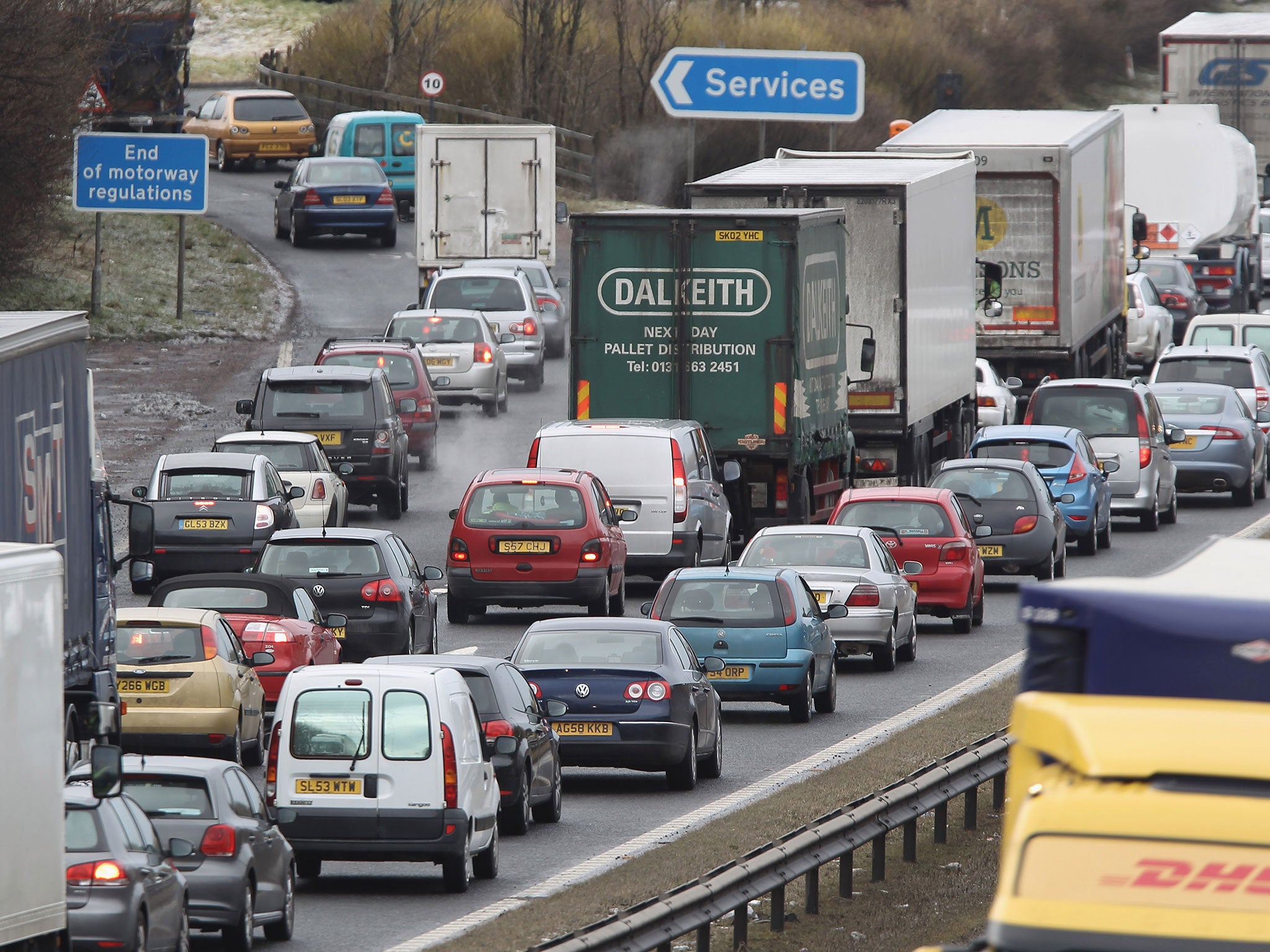Britain's transport network quality damned by Institution of Civil Engineers

Your support helps us to tell the story
From reproductive rights to climate change to Big Tech, The Independent is on the ground when the story is developing. Whether it's investigating the financials of Elon Musk's pro-Trump PAC or producing our latest documentary, 'The A Word', which shines a light on the American women fighting for reproductive rights, we know how important it is to parse out the facts from the messaging.
At such a critical moment in US history, we need reporters on the ground. Your donation allows us to keep sending journalists to speak to both sides of the story.
The Independent is trusted by Americans across the entire political spectrum. And unlike many other quality news outlets, we choose not to lock Americans out of our reporting and analysis with paywalls. We believe quality journalism should be available to everyone, paid for by those who can afford it.
Your support makes all the difference.The quality of Britain’s local road network and transport links came under attack last night in a wide-ranging analysis of the nation’s infrastructure.
The Institution of Civil Engineers also raised fears about the country’s ability to cope with a repeat of this year’s widespread flooding.
On a scale of A to E, local transport was given a D- rating in a report from the institution, meaning it was assessed as being “at risk”.
Flood management and energy were both given a “requires attention” C- rating, while waste services were assessed as C+.
Water and major transport schemes were given “adequate for now” B ratings.
The institution warned it would be increasingly difficult to keep roads open and maintain transport links in future spells of extreme weather.
It said the Government should give more powers to the city regions to improve transport standards.
Keith Clarke, the institution’s vice president, said: “As the 2013/14 winter floods showed, unplanned interruptions in our networks are costly to society and the economy.
“They happen because we are trying to run all services at all times, and are deemed unacceptable as the public expect a certain level of service.”
He added: “Clearly there are some difficult decisions ahead regarding just how resilient the UK should be, and also what networks can and should operate 24/7 in what conditions.”
A Government spokesman said improving Britain’s infrastructure was a key part of its long-term economic plan. He added: “The job is not yet done, which is why we have committed to long-term funding settlements in key sectors such as roads and flood defences.”
Join our commenting forum
Join thought-provoking conversations, follow other Independent readers and see their replies
Comments